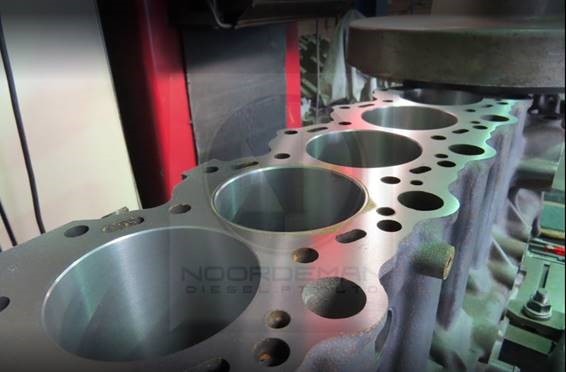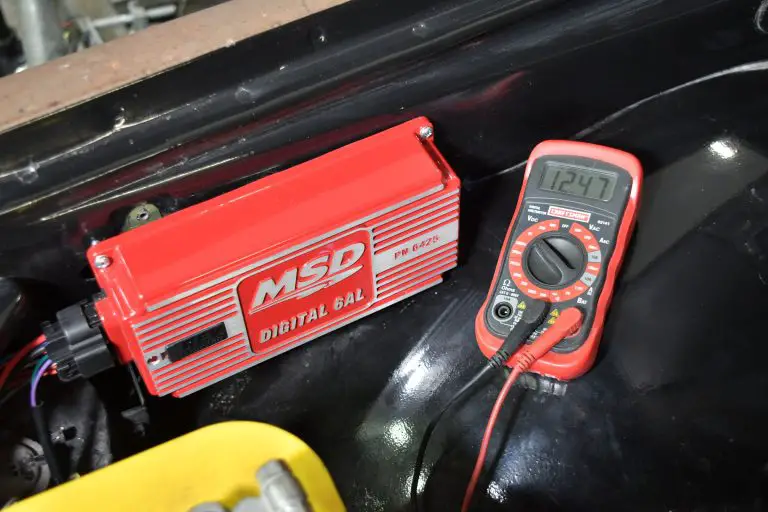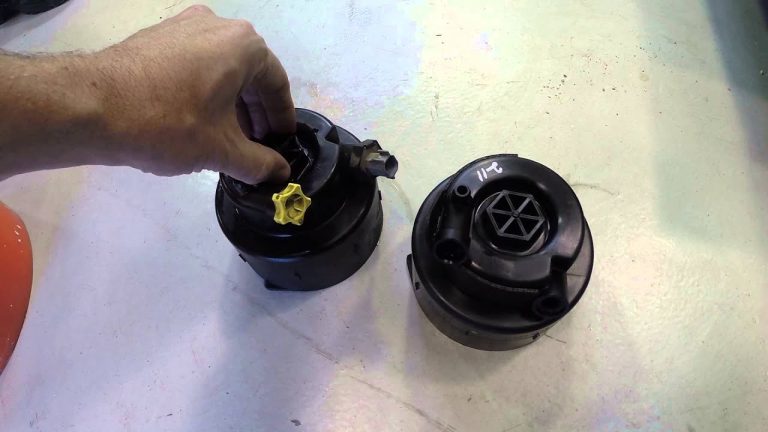Symptoms of a Cracked Cylinder Head
As a vital component of your vehicle’s engine, the cylinder head plays a crucial role in the combustion process. It houses the intake and exhaust valves, as well as the spark plugs, making it essential for the proper functioning of the engine. However, a cracked cylinder head can lead to a host of problems and compromise the performance and safety of your vehicle. In this article, we’ll explore the symptoms of a cracked cylinder head and help you understand when it’s time to address this issue.
Understanding the Cylinder Head
Before we dive into the symptoms of a cracked cylinder head, let’s first understand the role of this component. The cylinder head sits on top of the engine block, sealing the combustion chambers and containing the valves, spark plugs, and other essential components. It also plays a crucial role in maintaining proper engine compression and preventing coolant and oil from mixing with the fuel and air mixture.
Common Symptoms of a Cracked Cylinder Head
A cracked cylinder head can lead to a variety of noticeable symptoms, indicating potential issues with the engine. If you notice any of the following signs, it’s crucial to have your vehicle inspected by a qualified mechanic:
1. Overheating
One of the most common symptoms of a cracked cylinder head is engine overheating. The combustion process generates intense heat, and a cracked cylinder head can allow coolant to leak into the combustion chambers or the engine oil, resulting in overheating. If you notice your engine temperature gauge consistently running in the red zone, it could be a sign of a cracked cylinder head.
2. Loss Of Coolant
If you find that your vehicle is losing coolant without any visible leaks, it could indicate a cracked cylinder head. The crack can allow coolant to seep into the combustion chambers or mix with the engine oil, leading to a loss of coolant without any apparent external leaks.
3. White Smoke From The Exhaust
When coolant enters the combustion chambers due to a cracked cylinder head, it can be burned along with the fuel, resulting in the emission of white smoke from the exhaust. This is a clear indication of potential cylinder head issues and should be addressed promptly to prevent further damage to the engine.
4. Engine Misfires
A cracked cylinder head can also lead to engine misfires due to the compromised seal in the combustion chambers. This can result in rough idling, poor acceleration, and an overall decrease in engine performance. If you experience frequent engine misfires, it’s essential to have the cylinder head inspected for possible cracks.
5. Milky Or Frothy Oil
When coolant mixes with the engine oil as a result of a cracked cylinder head, it can cause the oil to take on a milky or frothy appearance. You may notice this when checking the oil dipstick or upon inspecting the oil filler cap. This is a serious issue that requires immediate attention to prevent further engine damage.

Credit: m.youtube.com
Frequently Asked Questions Of Symptoms Of A Cracked Cylinder Head
What Are The Common Symptoms Of A Cracked Cylinder Head?
A cracked cylinder head can cause white smoke, overheating, and coolant loss in the engine.
How Can I Identify A Cracked Cylinder Head?
Look for visual signs of warping or cracking on the cylinder head and check for coolant leaks and misfiring.
Is It Safe To Continue Driving With A Cracked Cylinder Head?
No, it’s not safe. Continuing to drive with a cracked cylinder head can lead to severe engine damage.
What Are The Potential Causes Of A Cracked Cylinder Head?
Overheating, thermal stress, and corrosion are common causes of cracked cylinder heads in engines.
Conclusion
A cracked cylinder head can manifest through various symptoms, ranging from engine overheating to loss of coolant and white smoke from the exhaust. It’s crucial to address these issues promptly to prevent further damage to the engine and ensure the safety and performance of your vehicle. If you suspect that your vehicle is experiencing any of these symptoms, it’s best to consult with a qualified mechanic and have the cylinder head thoroughly inspected and repaired if necessary.



